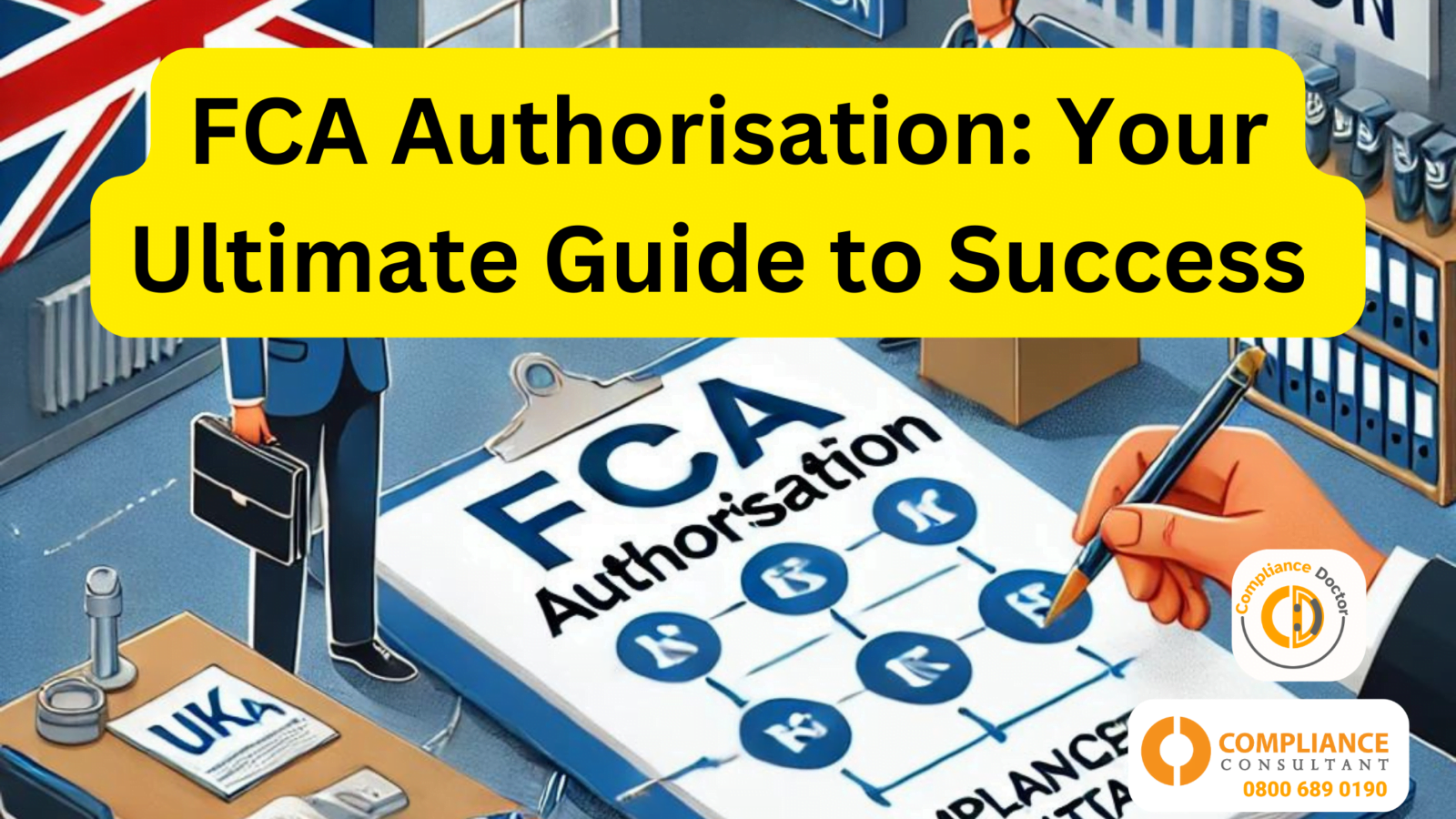The Road to FCA Authorisation for Firms: A Comprehensive Guide

Navigating the path to FCA authorisation can feel like an uphill battle for many firms. Yet, securing this crucial regulatory approval is a significant milestone that opens doors to numerous opportunities within the UK’s financial landscape. Whether you’re a start-up ready to take on the financial world or an established entity seeking to expand your offerings, understanding the FCA authorisation process is vital. Let’s dive into the intricacies of this journey, providing you with a comprehensive guide to achieving and maintaining FCA authorisation for firms.
Understanding FCA Authorisation
What is FCA Authorisation?
The Financial Conduct Authority (FCA) is the UK’s primary regulatory body overseeing the conduct of over 59,000 financial services firms and financial markets. Authorisation from the FCA is essentially a green light that allows firms to operate within the financial sector, ensuring they meet necessary standards to protect consumers and maintain market integrity.
Why is FCA Authorisation Important?
FCA authorisation isn’t just a legal requirement; it’s a mark of credibility and trust. It signifies that your firm adheres to high standards of conduct, transparency, and financial stability. For consumers, this authorisation offers peace of mind, knowing that they’re engaging with a regulated and reputable entity. For firms, it opens the door to a broader market and strengthens business reputation.
Steps to Achieve FCA Authorisation
1. Determine Your Regulatory Requirements
Before diving into the application process, it’s essential to identify the specific permissions your firm requires. Different financial activities necessitate various levels of authorisation. Consider the nature of your business, the services you provide, and the markets you operate in. This will help tailor your application and streamline the approval process.
2. Prepare Your Application
The application process is rigorous and requires thorough preparation. Here’s a checklist to help you get started:
-
Business Plan: A detailed business plan outlining your firm’s structure, financial projections, and operational strategies.
-
Compliance Arrangements: Documentation of your compliance framework, including policies and procedures to meet regulatory requirements.
-
Senior Management Team: Information about key personnel, their qualifications, and experience.
-
Financial Resources: Evidence of sufficient financial resources to support your business operations.